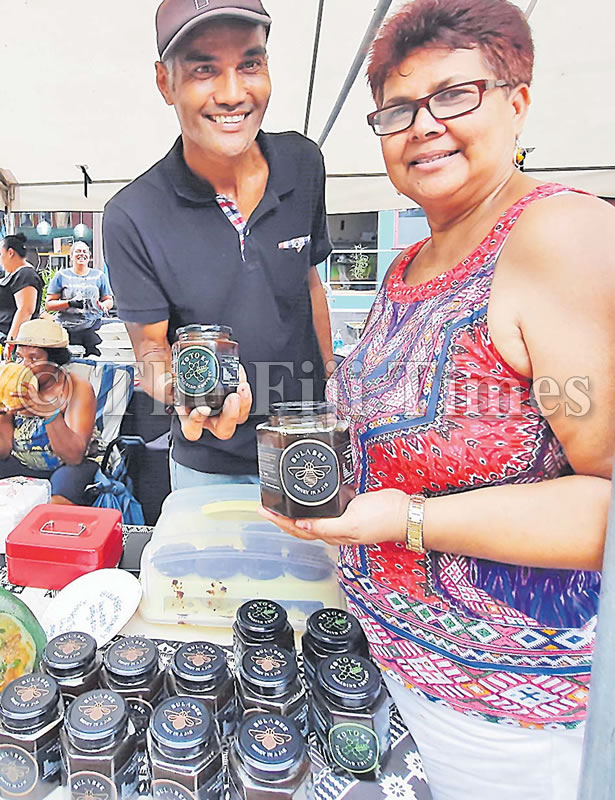Edwin Reade migrated to Australia shortly after high school at the age of 22 and began work in the banking industry — a career that spanned across 25 years.
He still had a lot more years left in him however, one day Edwin called it “quits”and decided to move back to Fiji with his wife.
Originally from Labasa, he is the youngest of nine siblings and the only son of Alexander and Alice Reade.
“I went to school at St John’s College Cawaci and Marist Brothers High School and migrated to Australia.
After 25 years working in the banking industry in Australia I decided to move back to Fiji for a change in lifestyle,” said Edwin.
He said living the corporate life was quite fast-paced. “You work a nine to five job, come back and all you do was pay for the mortgage.
There wasn’t enough time to enjoy life. Working for the man was not working for me, so my wife, Katherine, and I came back home.
We’ve got family land in Macuata, it’s an old copra estate called Naivevu Estate. “In Australia I saw how they processed food and instantly thought up an idea to diversify the estate which was predominantly copra.”
Edwin said he did a bit of fishing but it did not work because of logistical constraints. “I looked at the estate and realised, the hundreds of tamarind, mango and guava trees.
So my sister began making chutneys and jams and I bottle and market it along with the honey from our beehives.
“Everything we have bottled is processed at our farm,” he said. He said more people in Fiji need to be able to process raw materials rather than just selling raw materials.
“We might as well process and get more value for our resources. When I started I targeted the tourism industry.
Our packaging was designed to capture the eye of tourists. It can’t be taken out of the country but they can consume it here.”
He was looking at putting his honey in hotel boutiques. Unfortunately, COVID-19 came along and well we all know how that turned out for Fiji’s tourism sector.
“I had to look at other ways to get the product out, I wanted to get it into the supermarkets but they required barcodes and they are very expensive to acquire.”
Instead, he decided to focus on the cottage industry. He said he was working with his sisters to revive the estate by diversifying the output and that he had their support.
“My sisters support me and they’ve encouraged me to do this because I have the expertise after my stint in Australia as a business banker.
I’m putting the products into little boutique shops, cafés and I’m getting a lot of good feedback.
“When things normalise, I want to get my product back into the hotel boutiques and maybe export,” he said.
He said there was an over production of honey in the country and exporting was not an option right now.
“That’s something I want to look at in due discussion with the Ministry of Agriculture and biosecurity. “There needs to be constant testing for honey before it can be exported.”


